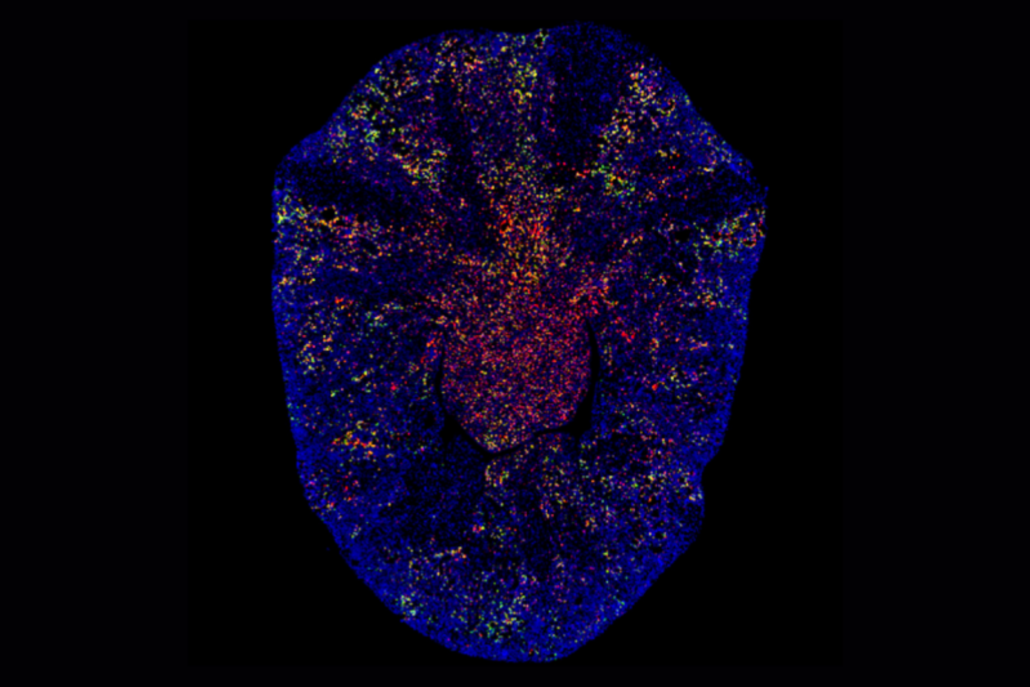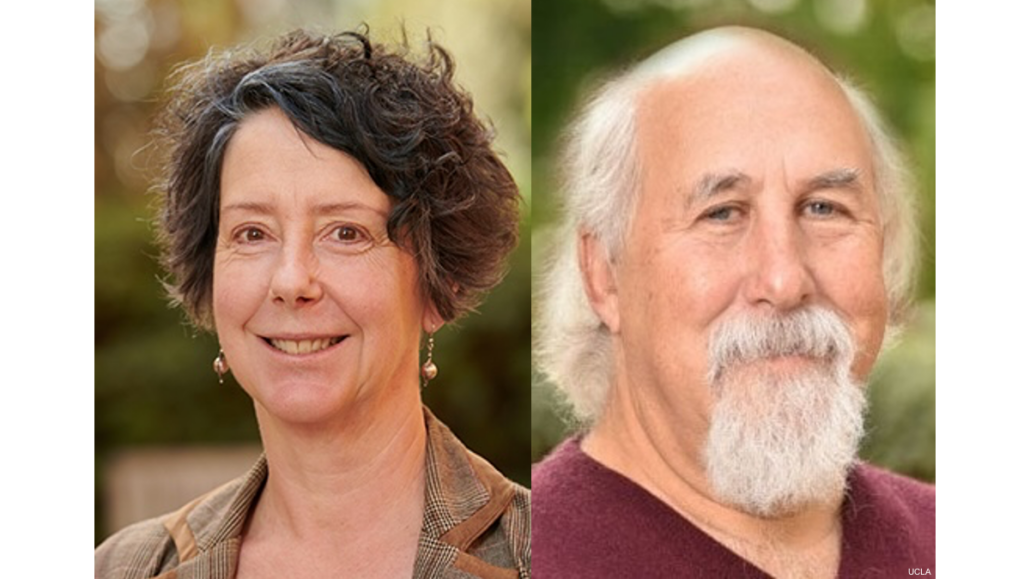Alumni panel brings disability studies, advocacy, access to the forefront
Photo: Life Sciences fourth-year student Annemarie Lawrence and alumnus Josh Yen-Ho Chou Today, in a virtual, student-led panel, three UCLA alumni will
UCLA researchers team up with L.A. County Fire Department to investigate possible source of cancer risk
Firefighters have a 9% higher risk of being diagnosed with cancer and a 14% higher risk of dying from cancer,
UCLA Campus Safety Resources
UCLA offers the following safety resources to foster a campus environment where everyone feels safe, welcome, respected and fully engaged
Life Sciences faculty among the newest fellows of the American Association for the Advancement of Science
Pictured above: (left to right) Professors Stephanie White and Barney Schlinger. (Not pictured: James Rheinwald.) The American Association for the
Life Sciences researchers partner with L.A. communities to identify neuroscience research that can address real-life needs
Photo: UCLA-CDU seed grant collaborators with community partners at Normandie Church of Christ. Pictured left to right: Dr. Stanley Talbert,









